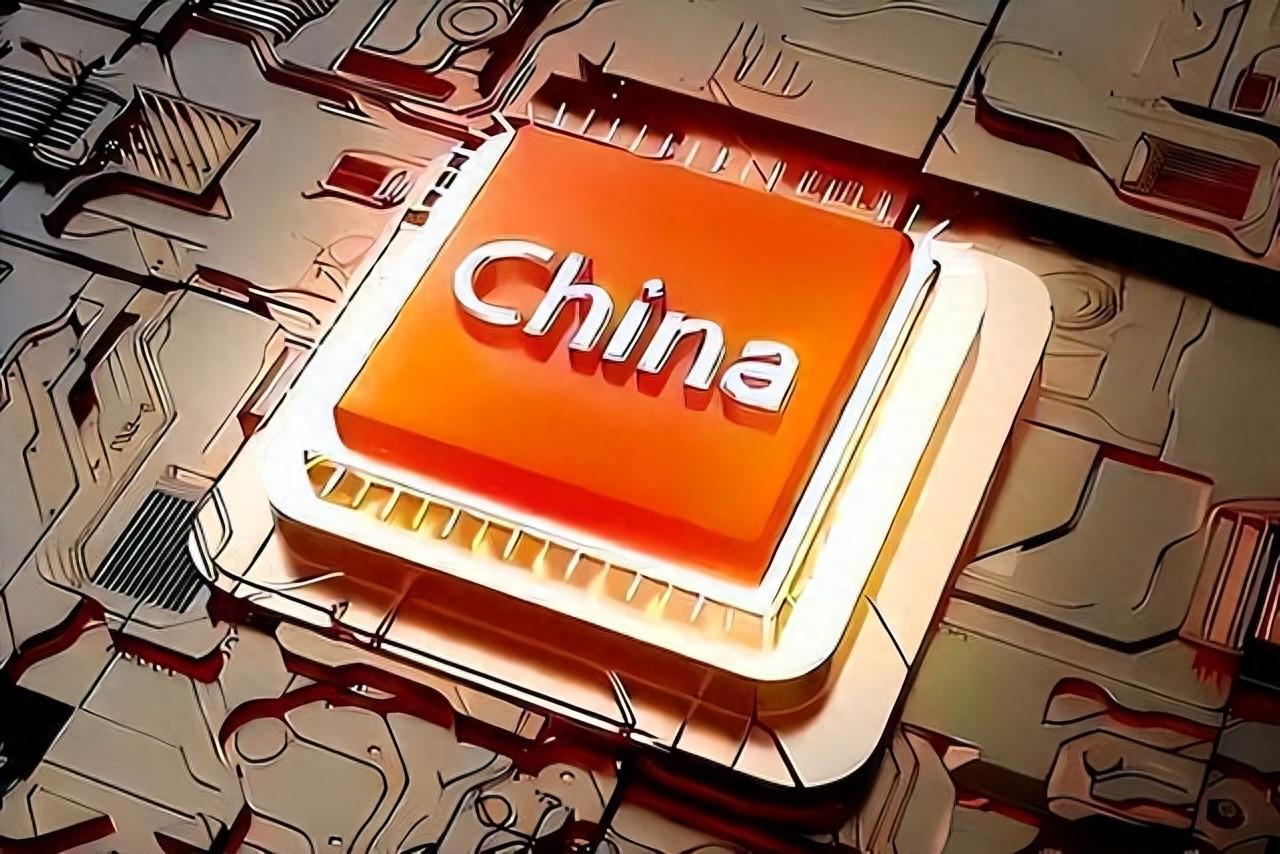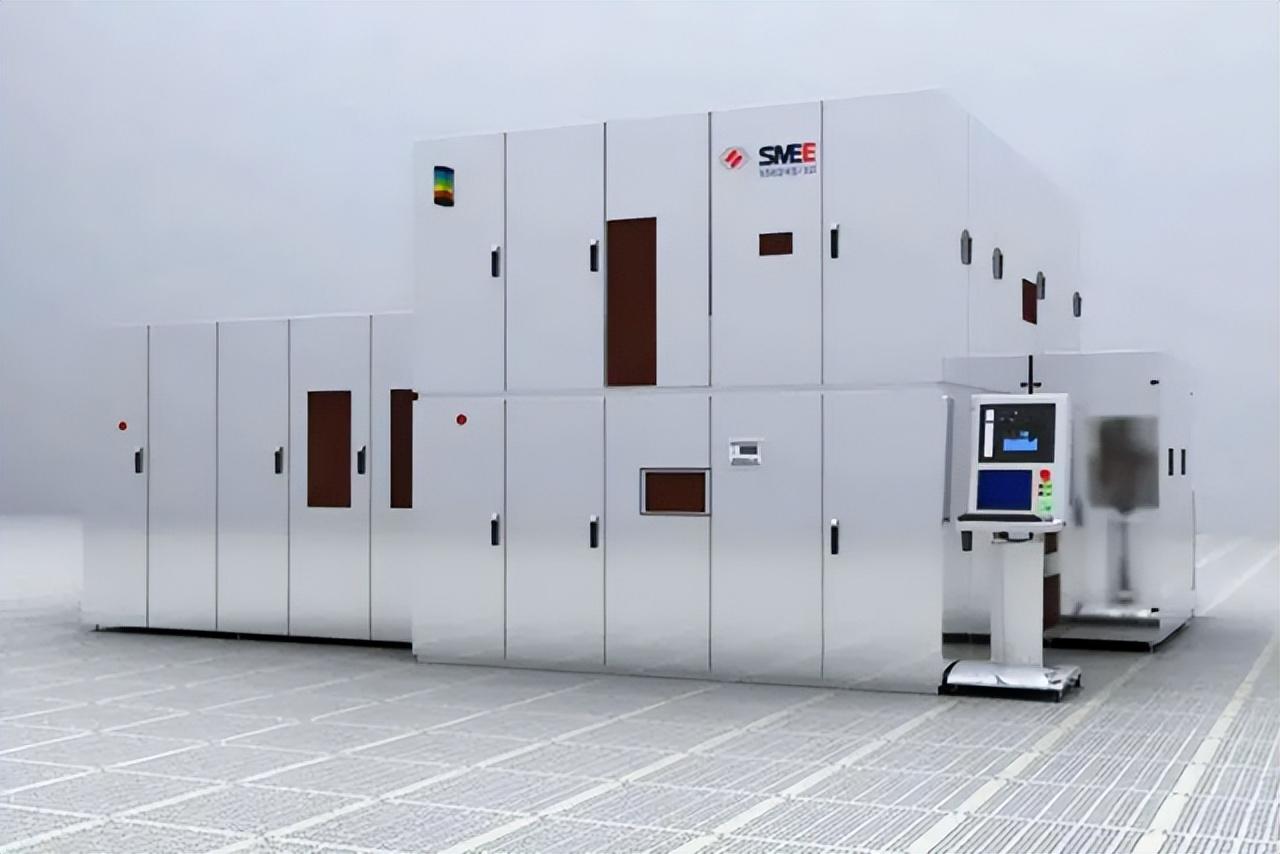750 billion yuan, China buys 257 lithography machines in a big way, US chips are in trouble
![]() 06/27 2024
06/27 2024
![]() 613
613
Analysis shows that since last year, China has purchased up to 257 lithography machines from the Netherlands. Foreign media are concerned that with China's large-scale purchase of lithography machines, Chinese chips will have a huge impact on the global market, and it may even be disastrous. They are quite worried about the rapid growth of Chinese chips.

First, China's chip industry is expanding production capacity in a big way, and Chinese chips are replacing imported chips in a big way. Over the past few years, China's chip production capacity has increased from less than 10% of the global total to 30% today, and China's chip self-sufficiency rate has increased significantly, resulting in a reduction of nearly 100 billion yuan in China's chip purchases over the past few years.
China's reduced chip purchases have dealt a huge blow to overseas chips, and the US chip industry has seen many loss-making companies. Among them, analog chips, which are mainly based on mature processes, have suffered a greater blow. Texas Instruments, a leading US analog chip company, currently has high inventory. To clear the inventory, Texas Instruments' chips have been reduced by 90%, and it is expected that the inventory will be cleared by the third quarter of this year.
Secondly, accelerating technological upgrades has put pressure on overseas chips. A few years ago, China's chips were blank in many industries, such as analog chips and 5G radio frequency chips. At that time, these industries were mainly dominated by US and Japanese chip companies. However, last year, a Chinese mobile phone company adopted domestic analog chips, 5G radio frequency chips, etc., indicating that China has broken these gaps and highlighted the rapid technological upgrade of China's chip industry.
Thirdly, it has an important impact on the global chip equipment market. China's large-scale purchase of lithography machines has caused overseas chip industry concerns that China's chip industry will buy up lithography machines and other chip equipment and materials. China's demand for these products is astonishing. In the fourth quarter of last year, China provided more than 40% of the revenue for ASML, Tokyo Electron of Japan, Lam Research of the United States, etc., showing the large procurement volume of China's chip industry.

Today, Chinese chips are increasingly aware of the importance of independent research and development. China is building its own chip industry chain, including lithography machines, photoresist, EDA tools, etc. China is rapidly promoting autonomy. Benefiting from China's vast talent and industrial chain foundation, China is promoting the development of immersion lithography machines. ASML is concerned about China's breakthrough in immersion lithography machines and is increasing its sales of DUV lithography machines to China.
By developing mature processes and cultivating domestic chip industry chains and talents, China has seen revenue growth of multiple chip equipment companies in recent years. The rapid growth in revenue has enabled these chip equipment companies to have more funds to recruit talents for technological research and development, accelerating technological innovation.
The development of Chinese chips has led to a decline in the revenue of overseas chip companies, and their innovation speed will decrease. This, in turn, will provide time and opportunities for Chinese chips to catch up. It can be expected that under this kind of competition, the technology of China's chip industry will be able to catch up with the world level faster.
In terms of mature process chips, China's chips have been widely recognized by the domestic manufacturing industry. Even US home appliance manufacturers recognize Chinese chips, believing that Chinese chips have reduced their costs, highlighting the correctness of China's development of mature processes. It has been found that the advanced fighter jet F35 of the United States uses chips and PCB boards produced in China, which proves the competitiveness of Chinese chips. This competitiveness has chilled the overseas chip industry.

Based on the rapid development of Chinese chips, overseas media believe that the development of Chinese chips has exceeded their expectations. If this continues, the overseas chip industry will face a disaster, and their good days will end accordingly. In the future, chips may become cheap, just as Chinese manufacturing has made manufacturers from all over the world lament that they are not competitors.







